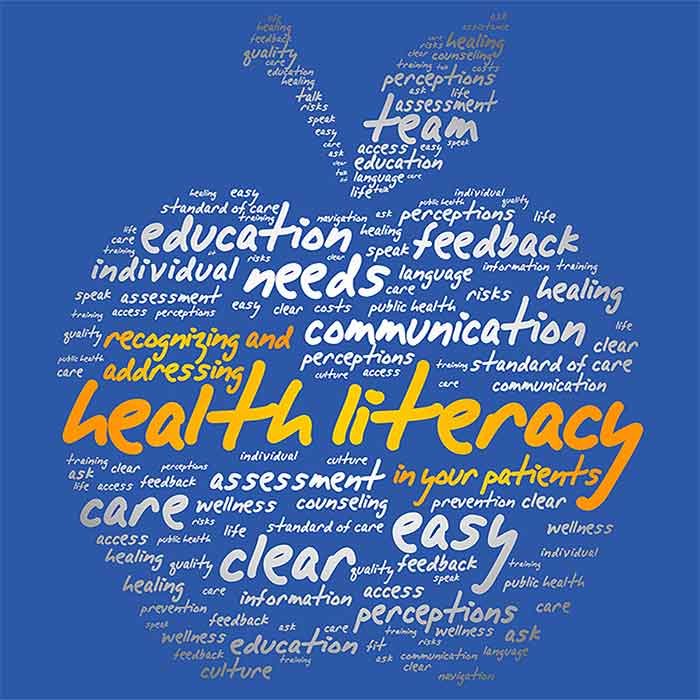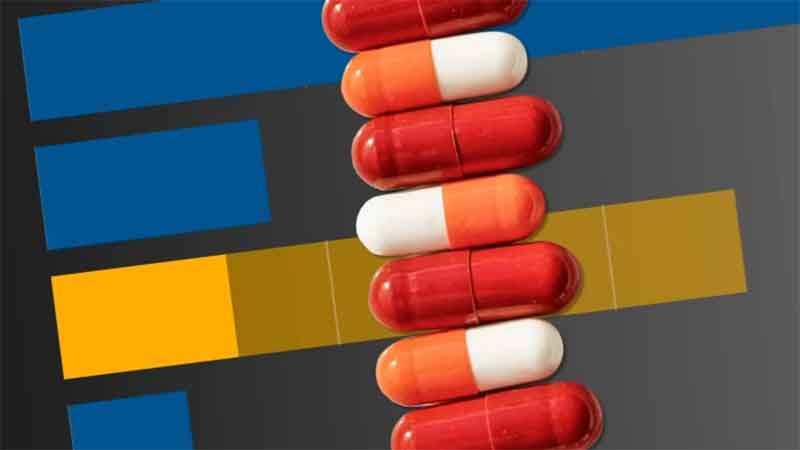Co-Written by Dr. Parul Malik and Dr. Arathi P Rao

The year 2020, has not only been the year of the “pandemic”, but also the year of “infodemic”- a term that was coined in 2003 in relation to the SARS outbreak. This term “infodemic”, referring to an excessive amount of available information, which may be biased and harmful, is becoming more and more relevant with each passing day. There is a flood of information (or misinformation) from all directions- in multiple ways, from numerous sources and practically about any topic under the sun. The domain of health and healthcare is no exception to this, especially in the backdrop of COVID-19. The social and other media is overflowing with ever-changing statistics, preventive measures, possible treatments, revised guidelines and much more- raising one simple question- what is to be believed?
Even before the pandemic hit, an evolving scenario of technological advancements facilitating access to health information, along with the increased share of patients and their relatives in medical decision making and treatment planning, lead to the development of the relatively new concept of Health Literacy (HL) in the 1970s. The World Health Organization (WHO) defines Health Literacy (HL) as the “cognitive and social skills related to the ability of individuals to access, understand, and use health information and to develop and maintain health status.”
In this era of health policies and scientific developments, HL is slowly gaining importance in the field of public health. Earlier, low levels of HL were usually only linked to less knowledge of disease and poor treatment compliance, but recent literature shows that inadequate HL leads to lesser engagement of the population in disease prevention, health promotion and health information seeking behaviours. [1]
An article in the Lancet [2], talked about the need for the development of health literacy to prepare individuals for situations requiring rapid reaction and to see HL in relation to social responsibility and solidarity. It states that COVID-19 required policies restricting physical contact by limiting events/group gatherings and urging people to stay at home. This caused discussions regarding human rights and personal freedom, with some of these debates being driven because of misperception of risks. In this scenario, where the risk of an individual becoming infected is dependent on other people’s compliance with the guidelines, a deliberate negligence of precautions and protective behaviour by few, can affect many. Increasing the health literacy of the population, might help them to grasp the reasons behind the recommendations, identify correct information and reflect on outcomes of their actions.[2]
This concept of HL is not limited to infectious diseases or a pandemic. Non communicable diseases (NCDs) or any other health-related topic, for that matter, faces two extremes- one being the dearth of reliable and essential knowledge and the other being the availability of excessive and unverified information. Studies have shown the importance of improving patient’s knowledge and awareness through education and its associated benefits like positive long-term outcomes as well as better compliance with health‑care appointments and medications for diseases like hypertension and diabetes. [3]
A study in a medical college among patients with hypothyroidism [4] showed that most of them had received some form of education about their disease from their doctors at the time of diagnosis and that they would enquire more only when complications arose. Majority had not read or heard about hypothyroidism and the small percentage who used internet and books as source of information did not verify if the information received was reliable/credible. This study also concluded that a higher level of health literacy (assessed by five screening questions) was associated with better knowledge about hypothyroidism.
The above examples of the COVID-19 pandemic, as well as of NCDs like diabetes, hypertension and hypothyroidism, show that health literacy- both general and disease specific, is essential for maintaining good health. A simple lack of information could lead to various difficulties, for example- patients not identifying symptoms of hypothyroidism and thus not seeking timely help could end up in myxedema coma- a near fatal complication of hypothyroidism. The same applies to management of other NCDs as well as infectious diseases.
Assessing the HL levels and addressing the gaps is therefore of paramount importance, especially for disease prevention and health promotion. The health status of the population can greatly improve if people get appropriate and adequate knowledge to understand their health status, as well as disease condition (if any) and then make informed health related choices and decisions- based on their economic and social determinants.
Solidarity and social responsibility, in pandemics and otherwise should be accounted for by the general population, decision makers as well as by individuals producing and sharing misleading and false information. [1] Various studies show that low level of general literacy is associated with both- low health literacy and adverse health outcomes. Therefore, better education opportunities can help improve quality of life in various ways. But also, though terms like “education” and “creating awareness” for health have formed a major part of social mobilization programs, these are no more competent as potential tools for social change or political action. [5] In this time of “WhatsApp and Google doctors”, the information flow cannot be restricted easily. Therefore, people can be encouraged to find and use health information sources, but only after discussing about the reliability of these sources with their healthcare providers. Presently, emphasis needs to shift to more personal forms of communication and the involvement of the community in making their own well-versed choices. A two-way communication, of “sharing” knowledge, rather than “imparting” education, can help enhance health literacy levels and better equip people to make informed choices about their individual health.
Dr. Parul Malik is a medical doctor with a Master of Public Health (Global Health) degree from Prasanna School of Public Health, Manipal Academy of Higher Education (MAHE), Manipal, India.
Dr. Arathi P Rao is the Coordinator of MPH Programme and the Head of Manipal Health Literacy Unit at the Prasanna School of Public Health, Manipal Academy of Higher Education (MAHE), Manipal, India.
References
- Van den Broucke S. Health literacy: a critical concept for public health.
- Paakkari L, Okan O. COVID-19: health literacy is an underestimated problem. The Lancet Public Health. 2020 May 1;5(5):e249-50.
- Jin J, Sklar GE, Oh VM, Li SC. Factors affecting therapeutic compliance: A review from the patient’s perspective. Therapeutics and clinical risk management. 2008 Feb;4(1):269
- Perumal SS, Prasad S, Surapaneni KM, Joshi A. Health information-seeking behavior among hypothyroid patients at Saveetha Medical College and Hospital. Ethiopian journal of health sciences. 2015;25(2):147-54.
- Nutbeam D. Health literacy as a public health goal: a challenge for contemporary health education and communication strategies into the 21st century. Health promotion international. 2000 Sep 1;15(3):259-67.
SIGN UP FOR COUNTERCURRENTS DAILY NEWSLETTER














































